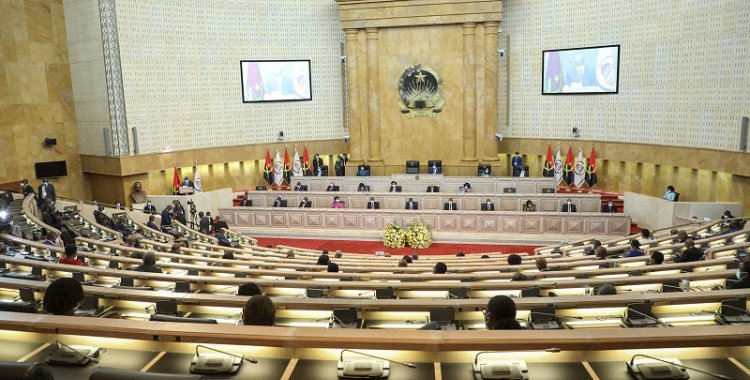The decision came out of the conference of the presidents of the parliamentary groups of the National Assembly, which met this Monday under the guidance of the first vice-president of parliament, Américo Kuononoca, as announced by deputy Manuel Dembo.
The request for authorization from the President, as Commander-in-Chief of the Angolan Armed Forces (FAA), on the sending of a military contingent of the peacekeeping and support operations component in eastern DRCongo was sent to parliament on an "urgent basis".
"Once due consideration has been made and given the urgency of the matter, an extraordinary plenary meeting will be convened to take place on March 17, Friday, to discuss and vote on the draft resolution approving this request for authorization from the President of the Republic", told reporters Manuel Dembo, first secretary of the National Assembly.
Thus, he added, "during the month of March the National Assembly will hold two extraordinary plenary meetings, the first on the 17th and the second on the 29th of March, as per the previous statement".
The contingent will secure the cantonment areas for the M23 elements and protect members of the Ad-Hoc Verification Mechanism.
The initiative stems from the decisions taken by different mini-summits on the peace and security process in the DRCongo, in which Luanda assumes responsibilities as a mediator within the framework of the "Luanda Process".
At the plenary session scheduled for March 29, the deputies will also consider a request for authorization from the President for the maintenance of the Angolan military contingent, made up of 20 troops, in the Republic of Mozambique.







